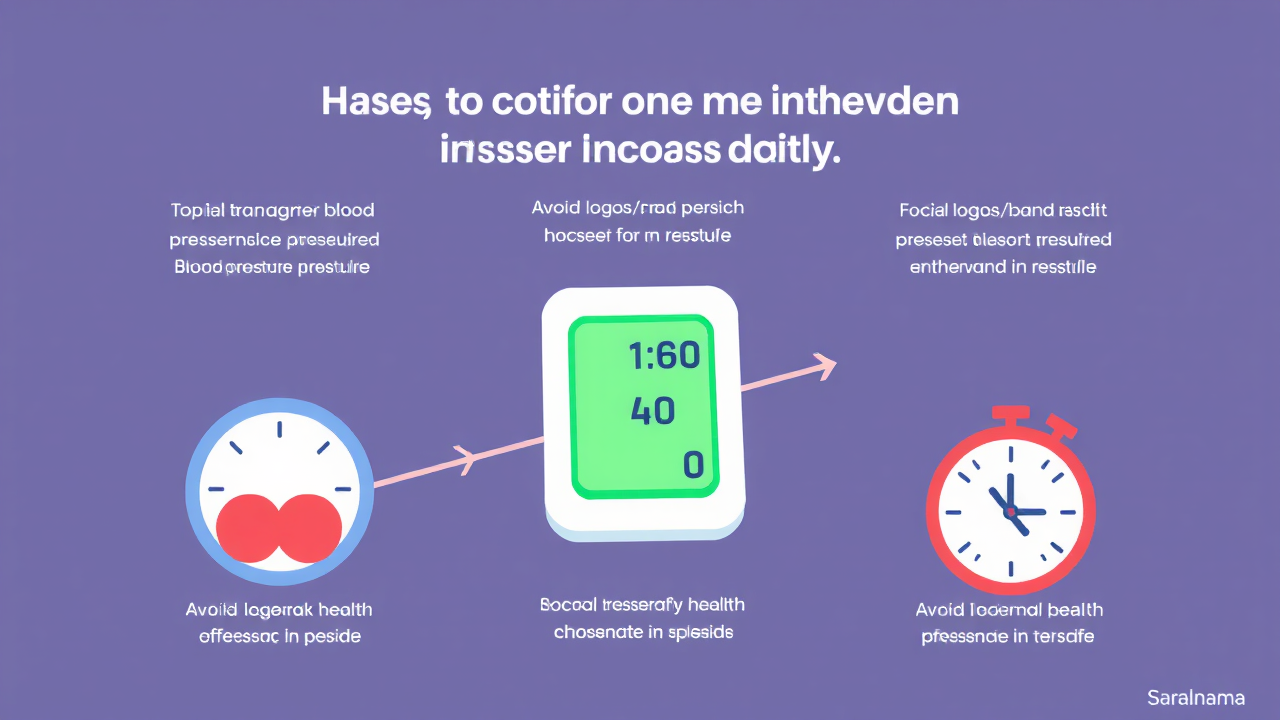A user on Quora asked whether blood pressure readings ranging from 137/94 to 144/94 mmHg are acceptable. Dr Amit Saraf, director of internal medicine at Jupiter Hospital in Thane, explained that these numbers indicate borderline high or stage 1 hypertension. While not immediately alarming, such readings require attention because they show the heart and blood vessels are under more strain than ideal. The goal is to maintain levels closer to 120/80 mmHg. A single elevated reading does not confirm hypertension, as temporary factors like stress, caffeine, anxiety, or poor sleep can raise blood pressure. Consistency matters most. If readings stay above 130/80 on most days, it signals a problem. Although not an emergency, ignoring borderline hypertension over time increases the risk of heart disease, kidney problems, or stroke. Lifestyle changes at this stage can significantly reduce the need for medication.

Steps to manage and monitor blood pressure effectively
Dr Saraf recommends tracking blood pressure carefully by checking it at random times during the week, ideally in the morning before consuming coffee or exercising. Focus on the average rather than individual spikes. Reducing salt and processed foods such as pickles, chips, and ready-to-eat meals is essential, as sodium silently raises blood pressure. Staying active through brisk walking, yoga, or cycling for 30 to 40 minutes most days helps lower readings naturally. Prioritizing sleep and managing stress through deep breathing and mindfulness techniques is crucial, as poor sleep or chronic stress can elevate blood pressure even in healthy individuals. Avoid self-medication and never start or stop blood pressure medications without consulting a doctor. Seek medical attention if readings consistently exceed 140/90 for two weeks or if symptoms like headaches, dizziness, chest discomfort,
Source: Link
